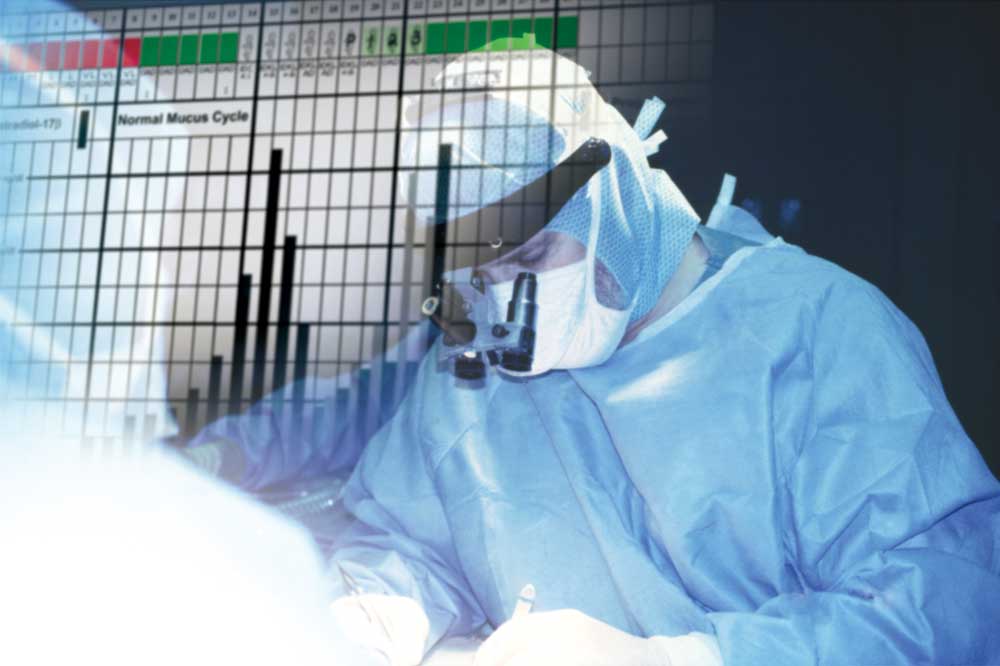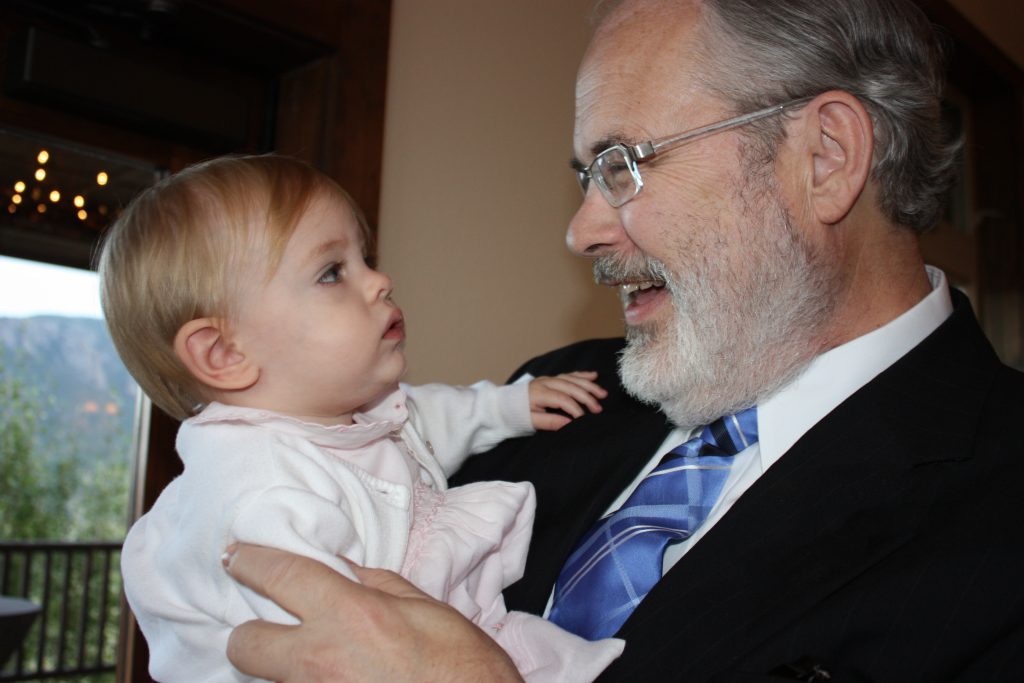Creighton Model
FertilityCare™ System (CrMS)
One of Dr. Hilgers’ pivotal discoveries is the standardized observation of menstrual and fertility cycles, known as the CrMS. Women chart with the system for gynecologic health maintenance, and couples use it to achieve or avoid pregnancy.
Trained physicians can read a woman’s CrMS chart universally — this is the key to unraveling the mysteries of the menstrual and fertility cycle.
Natural Procreative Technology
(NaProTechnology®)
NaProTechnology is a researched and published women’s health science based on CrMS observations, which provides objective information on the cycle. After using the CrMS to telegraph abnormalities, NaProTechnology treats problems cooperatively with the procreative and gynecologic systems while respecting the dignity of women, couples, and preborn children.
- Infertility
- Premenstrual Syndrome (PMS)
- Polycystic Ovaries
- Painful or Irregular Periods
- Abnormal Bleeding
- Premature Birth
- Repetitive Miscarriage
- Postpartum Depression
- Hormonal Abnormalities
- And Others
Pelvioplasty
Pelvioplasty is a surgical technique, developed at the Saint Paul VI Institute, which eliminates, for the most part, the scar tissue that forms following surgery done in the removal of endometriosis and other surgeries. The Saint Paul VI Institute has now become the “Home of Pelvioplasty.”

“The Pope Paul VI Institute in Omaha gives me great hope for the future!”

Saint John Paul II
